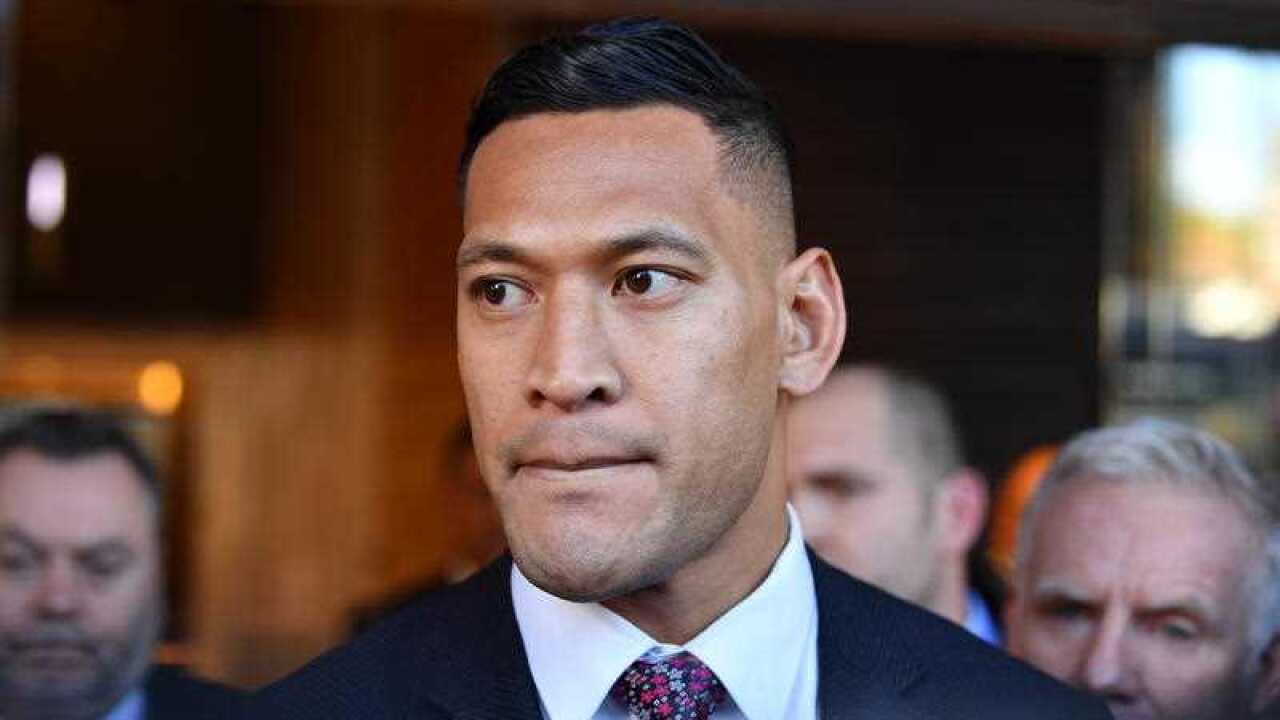Racism and sexism are ever-present subtexts in this nation’s public conversation about freedom of speech. As shock jocks like Andrew Bolt fight for the right to say what they like, their enmity typically has a very specific set of targets. Many of this country’s most high profile proponents of free speech seem more interested in ridiculing black and brown people and women and trumpeting their prejudice across the airwaves than they are in examining how best to extend free speech to all segments of our population.
In many ways this is no surprise. Racism is Australia biggest fault-line; the wound that refuses to heal. So right-wing provocateurs like Bolt, who have been at the forefront of claiming that ‘political correctness’ is hampering their right to speech, will always find support amongst those who want to exploit Australia’s racial vulnerabilities. Still, the extent to which free speech has been weaponised by the right has surprised me.
Right wing conservatives have largely set the terms of the free speech debate here. There is seldom space for reasonable people to have reasonable discussions about free speech.
Over the last few years I have been appalled by how much the free speech debate has been used as tools to silence black and brown people. Free speech is almost always used as a fig leaf, a way of propping up the consciences of those who wanting to promote racism, Islamophobia and misogyny.
Because right wing conservatives have largely set the terms of the free speech debate here, there is seldom space for reasonable people to have reasonable discussions about free speech. The terms of the conversation have been framed in a way that pits free speech against the protection and promotion of the rights of racial, religious and ethnic minorities – as if you cannot be in support of both.
Nothing could be further from the truth.
Black people both here and abroad, have always stood firmly and unequivocally on the side of free speech, and they have used their deep understanding of the power of free speech, to push for their rights to live decent and equal lives just like white people.
Free speech is almost always used as a fig leaf, a way of propping up the consciences of those who wanting to promote racism, Islamophobia and misogyny.
In the early 1960s, a group of students, led by an Arrernte Alice Springs man Charles Perkins recorded acts of racism against Aboriginal people and broadcast them to media around the country. The students were referred to as the Freedom Riders, and as they fought to desegregate swimming pools and clothing stores and cinemas, they used their voices; speaking out powerfully against a society that preferred them to stay silent. This campaign for racial justice would have been impossible without free speech, just as free speech without dignity would have been of little value to them.
It is tempting to get upset each time a B-grade alt-right hero is invited to Australia and then then de-platformed because of a backlash by sensible people, but perhaps it is time to accept that literary festivals and speaking tours are not the most important battle ground for this fight. There is in fact, a much wider structural problem that prevents racial and cultural minorities from speaking and being heard in this society.
The problem of course, is that if you look at how few black people speak in the media on a regular basis, how few LGBTI columnists there are in major mainstream outlets or at the dearth of female commentators in sport, it becomes evident that the crisis of free speech isn’t about white men being muzzled.
To the contrary, the crisis is that we live in a society in which a small group of people – white men of all sorts and political persuasions - have a disproportionate voice.
We live in a society in which a small group of people – white men of all sorts and political persuasions - have a disproportionate voice.
The focus of our energy should not be on a false distinction between racial dignity and freedom of speech. Instead, we should be looking at how rarely minorities in this country are afforded the opportunity to be heard and we should fix that problem.
Until the doors are opened wider so that there are more people of colour and sexual minorities and women on our screens and in our papers and on stages in public life, freedom of speech will continue to be defined as an ‘us’ and ‘them’ issue. If we are to honour the legacies of the Freedom Riders and others who fought to make this country more just, we cannot keep being distracted by people who are over-exposed and whose ideas are under-cooked.
Sisonke Msimang is a Perth-based author and activist who was born in exile to South African parents. She is the author of the memoir 'Always Another Country: A memoir of exile and home'. Sisonke will be participating in Who Gets To Speak? at the Antidote festival at the Sydney Opera House on September 1.
Share


